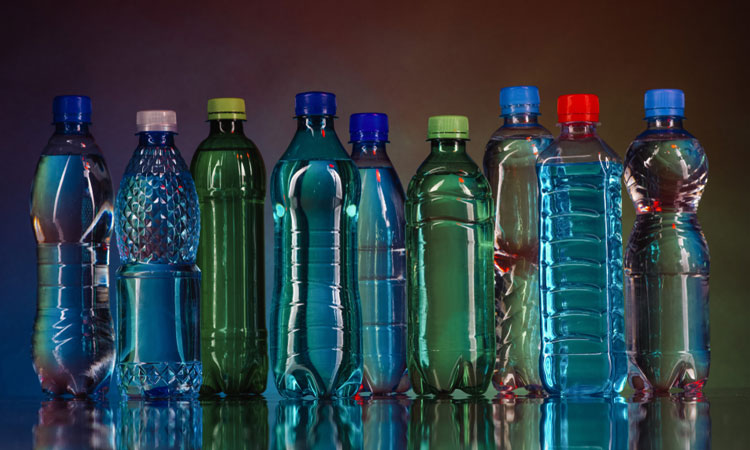PwC report claims tethered bottle caps means more plastic, more carbon and more cost
- Like
- Digg
- Del
- Tumblr
- VKontakte
- Buffer
- Love This
- Odnoklassniki
- Meneame
- Blogger
- Amazon
- Yahoo Mail
- Gmail
- AOL
- Newsvine
- HackerNews
- Evernote
- MySpace
- Mail.ru
- Viadeo
- Line
- Comments
- Yummly
- SMS
- Viber
- Telegram
- Subscribe
- Skype
- Facebook Messenger
- Kakao
- LiveJournal
- Yammer
- Edgar
- Fintel
- Mix
- Instapaper
- Copy Link
Posted: 7 December 2018 | New Food | No comments yet
A study undertaken by PwC finds proposals to introduce mandatory tethered caps on plastic beverage bottles could create more plastic and additional CO2.


A study conducted by PricewaterhouseCoopers for the European soft drinks industry (UNESDA) and European Federation of Bottled Waters (EFBW), has outlined the significant environmental and economic cost of implementing the European Commission’s proposed mandatory tethered caps on beverage bottles (article 6 of SUP directive).
The two industries maintain their call to focus resources on improving collection systems; indeed, as also suggested by the Commission’s analysis of the SUP proposal, the most effective way to reduce cap littering is to boost bottle and cap collection. EFBW and UNESDA want the opportunity to prove that the Commission’s objective can be best achieved through proper waste management infrastructure and consumer awareness campaigns by 2025.
The PwC report identifies a significant environmental burden, estimating that tethered caps could require more than 50,000 to 200,000 tonnes of additional plastic to produce beverage bottles depending on the technical changes required (i.e. heavier cap or heavier cap and bottle). This would reverse more than five years of progress made by industry in ‘light-weighting’ beverage bottles to reduce the plastic content. In addition, the report estimates that introducing tethered caps would create up to 381 million kilograms of CO2 equivalent, corresponding to 244 million additional cars on the streets.
The report highlights the disruption that would be caused to an estimated 1,350 bottling production lines across the European Union requiring a minimum of €2.7 billion costs (and up to €8.7 billion) to adapt bottling lines, diverting focus and resources from the priority of improving collection models. Costs estimated by PwC include capital investment costs as well as significant losses of productivity and downtime for existing operations while lines are being reconfigured.
Commenting on the report, UNESDA and EFBW said, “Our industries use recyclable packaging materials which are valuable and should be given a second life. We are firmly committed to increasing packaging collection and stopping the littering of our plastic bottles and their caps. However, this report reinforces our concerns with the European Commission proposal on article 6. With no impact assessment on tethered caps having previously been undertaken, the PwC report has also identified unintended and significant environmental and economic costs linked to increased plastic use and emissions. The measure risks distracting attention from the most pressing concern – improving collection systems.
“No established technologies currently exist which guarantee consumer safety and acceptance ensuring tethered caps do not undermine the integrity of our beverages. We believe it’s critical we work in partnership to improve current waste collection systems for both bottles and their caps to achieve our shared 90 per cent collection target, and avoid costly, complex and ineffective measures. Experience in countries such as Denmark and Germany has proven that it is possible to achieve more than 90 per cent collection of both bottles and caps.”
Related topics
Environment, Food Waste, Research & development, Sustainability









